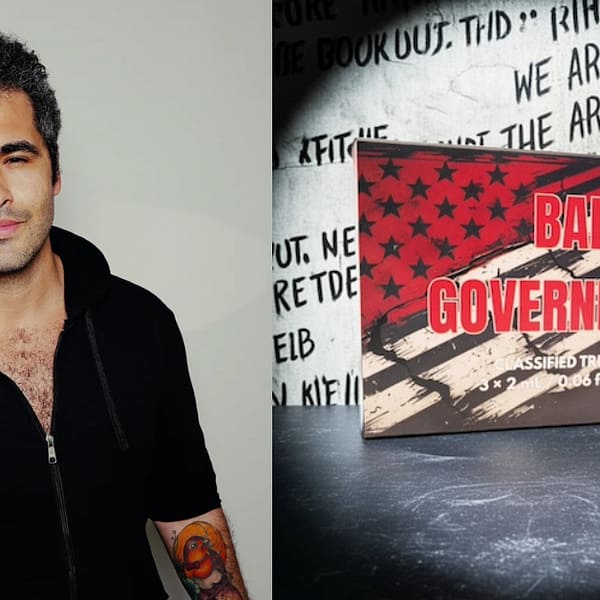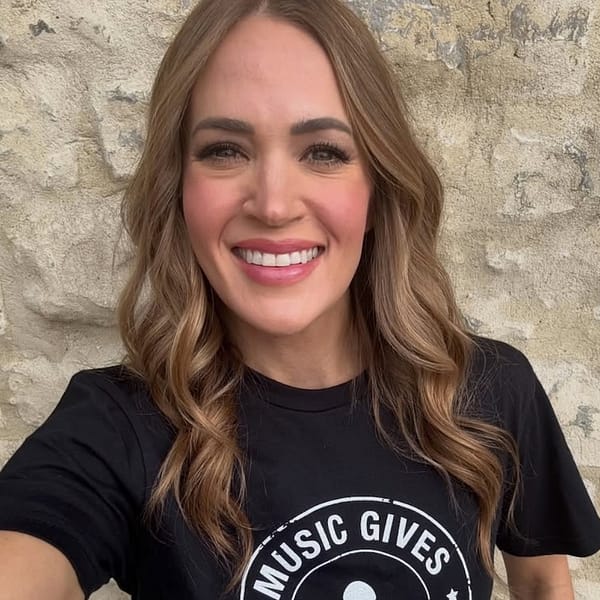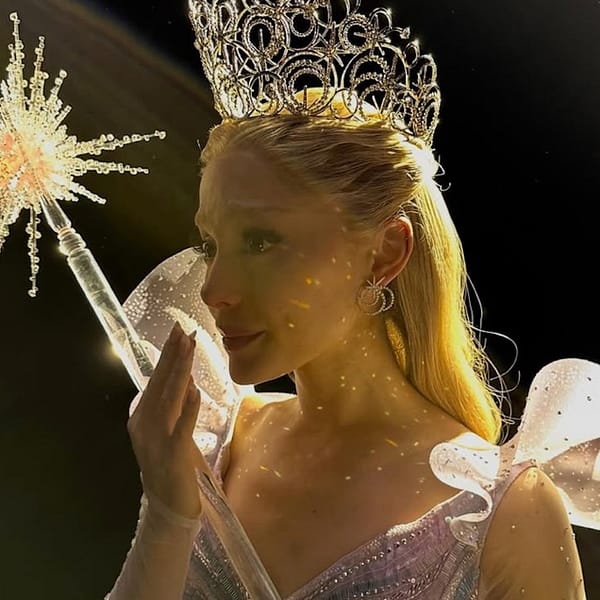The dream is alive again: Wednesday night’s Powerball drawing is worth a jaw-dropping $1.3 billion, one of the largest jackpots in history. Across the country, gas stations and corner stores are buzzing as hopeful players line up to buy their tickets, each person daring to imagine what life might look like with a billion dollars in the bank.
But here’s the sobering truth: the odds of hitting the jackpot are just 1 in 292.2 million. That’s worse than being struck by lightning multiple times or finding a four-leaf clover in every field you walk through. Still, mathematicians say there are a few small steps players can take to give themselves a slightly better shot at walking away with the golden ticket.
Forget Lucky Numbers and Family Birthdays
One of the first pieces of advice experts give: ditch the “lucky” numbers. Many people pick birthdays, anniversaries, or other personal dates, believing they’ll somehow charm fate. But in a completely random draw, luck has nothing to do with it.
Tim Chartier, a mathematics professor at Davidson University, warns that relying on personal numbers doesn’t just keep your odds the same—it could actually lower your chances of keeping the prize all to yourself. Why? Because so many others play the same sentimental digits.
“The odds of winning don’t change,” Chartier explained, “but if you do win, you’re more likely to share the pot with others if you picked common numbers. Choosing totally random numbers is smarter. It keeps you unique in the pool.”
Buying More Tickets Helps… A Little
The most obvious way to increase your chances is also the most expensive: buy more tickets. Each additional ticket gives you another shot. But here’s the catch—those astronomical odds barely budge, even if you spend thousands.
Chartier compared it to trying to guess a single second out of the last 9.2 years. “Having more guesses does help,” he said, “but it’s still wildly unlikely.” In fact, even if you bought one million tickets at a cost of $2 million, your odds would still sit at less than one in 292. It’s enough to make some players laugh at the absurdity, while others still argue that “someone has to win.”
Don’t Assume Numbers Can’t Repeat
Another common mistake? Believing lightning never strikes twice. Many players avoid numbers that came up in the previous draw, convinced they’re less likely to reappear. But in reality, every number has the same chance of being chosen each time.
“The final number on the last draw was five,” Chartier noted. “Five is just as likely to show up again on Wednesday as any other number.”
It’s a reminder that in a game ruled entirely by chance, past results offer no clues about the future.
Strange Patterns Won’t Fool the System
Some people try to outsmart the masses by picking quirky combinations they believe no one else would ever choose. A sequence like 1, 2, 3, 4, 5 might seem ridiculous, but according to probability expert David Hodge from the University of Glasgow, it’s surprisingly popular.
“If you think a combination looks unusual, chances are other people are thinking the same thing,” Hodge explained. That means if the “weird” numbers ever did win, you might find yourself splitting the billion-dollar prize with dozens of others.
The Public’s Frenzy and the Harsh Reality
As the jackpot climbs into the stratosphere, excitement spreads like wildfire. Social media is flooded with people imagining dream houses, private jets, and lavish vacations. Others post memes about what they’d do if they won, half-joking but secretly hopeful. Convenience stores report long lines, with workers saying customers who never usually play the lottery are suddenly buying stacks of tickets.
But alongside the fun, there’s an undercurrent of frustration. Critics point out that the lottery plays on desperation, especially when people struggling financially pour money into a nearly unwinnable game. Economists warn that jackpots this big can create false hope, luring players to spend more than they can afford.
Still, the fantasy is too strong for many to resist. A billion-dollar prize has a way of silencing doubts, even when logic screams otherwise.
What Happens Next
By Wednesday night, millions will be glued to their televisions, clutching their tickets with sweaty hands, waiting for the numbers to roll out. For almost everyone, the outcome will be disappointment, followed by jokes about “back to work tomorrow.” But for one person—or a group of lucky winners—it could mean a life-changing moment that will never be forgotten.
Mathematicians stress that no system can guarantee success. In the end, the Powerball is exactly what it seems: a game of pure chance. Yet as long as the jackpot keeps climbing, so will the crowds of dreamers willing to take that gamble, convinced that maybe, just maybe, their numbers will come up






























